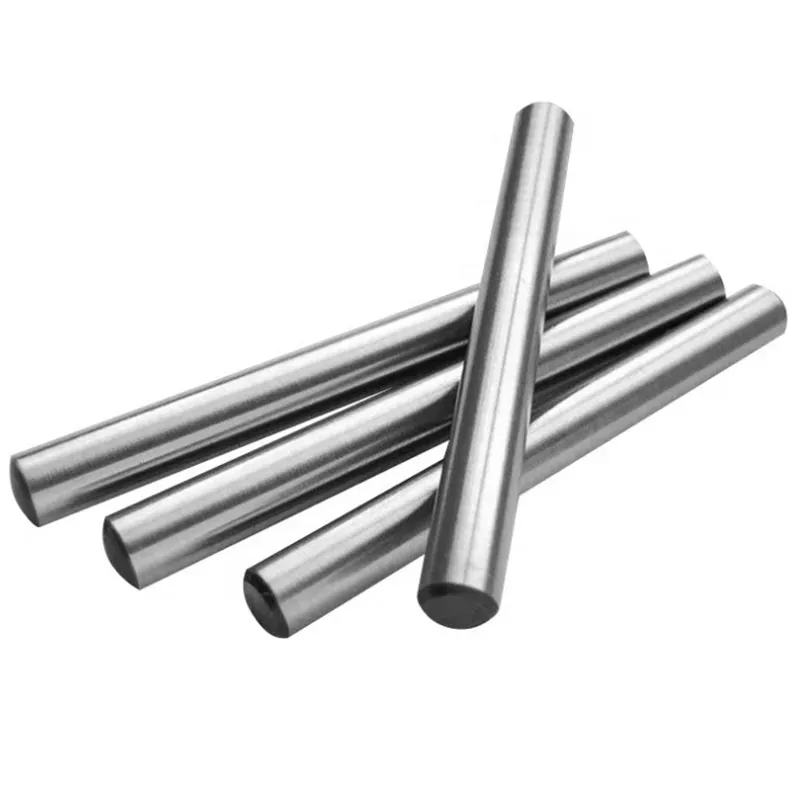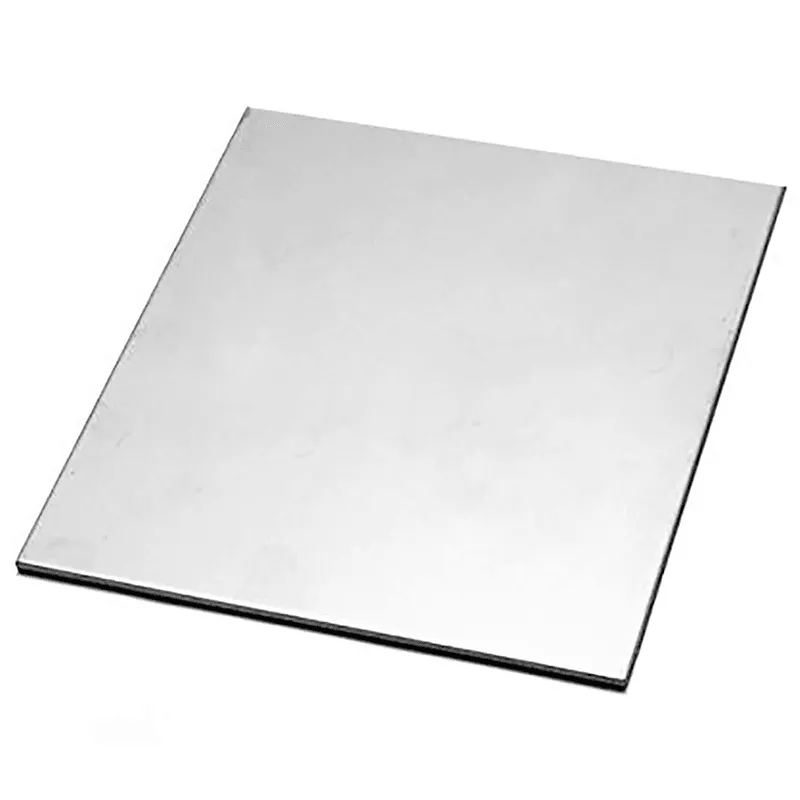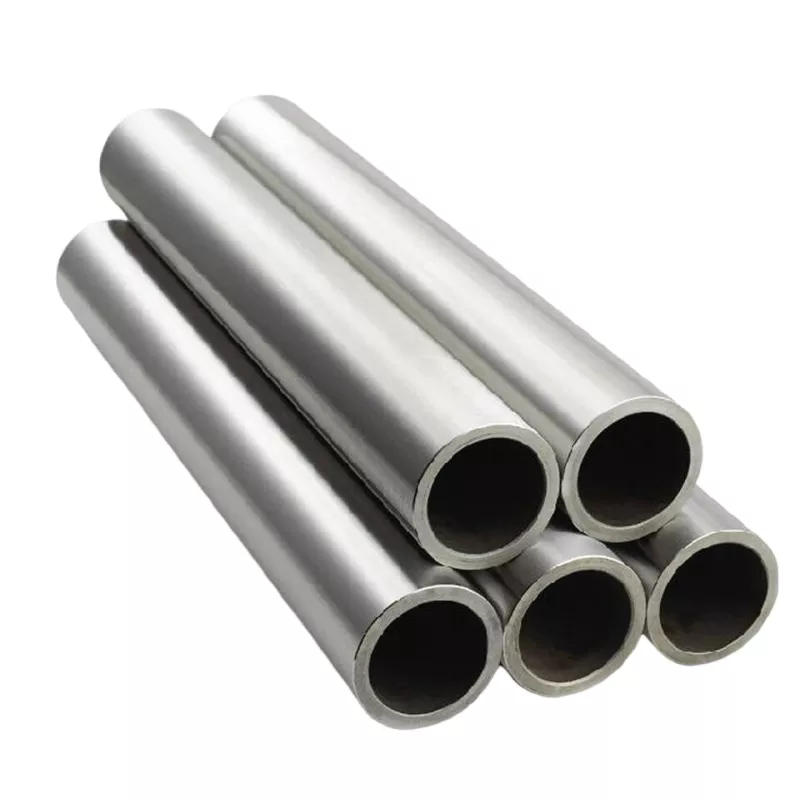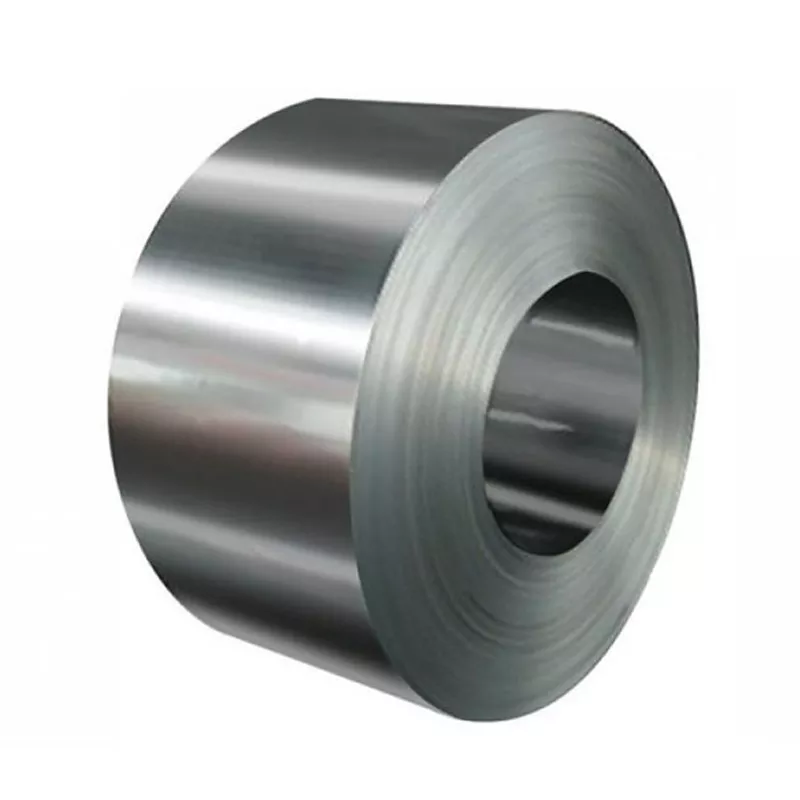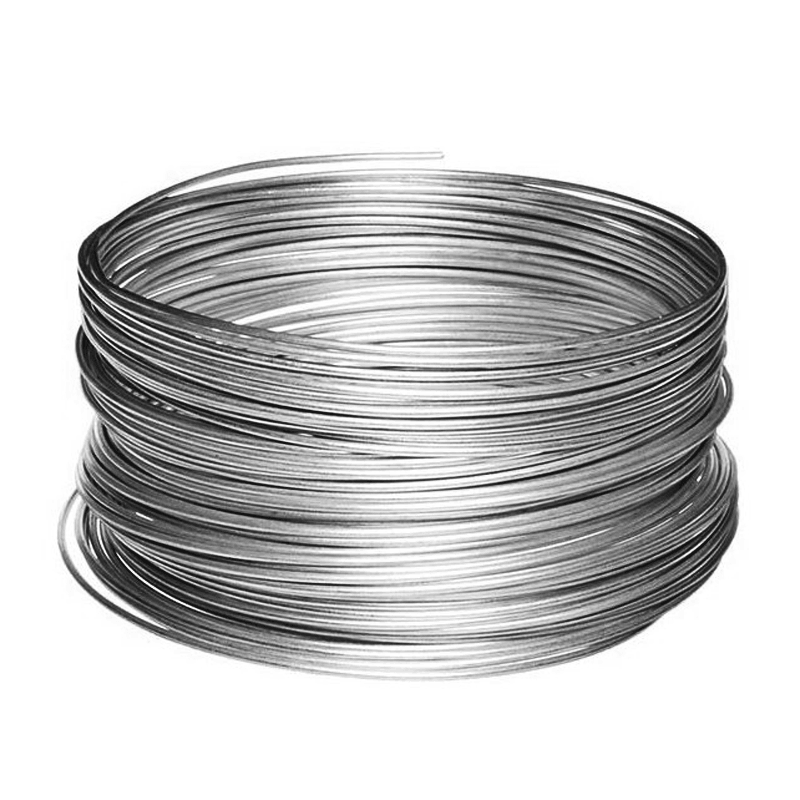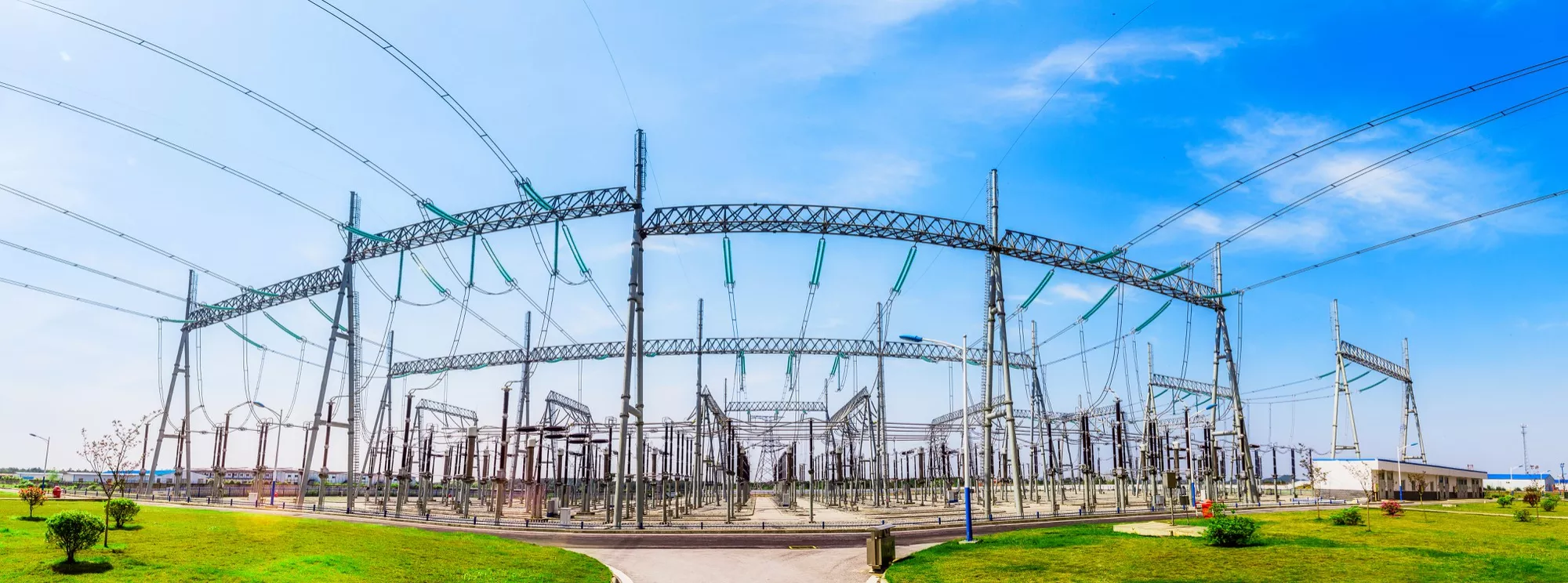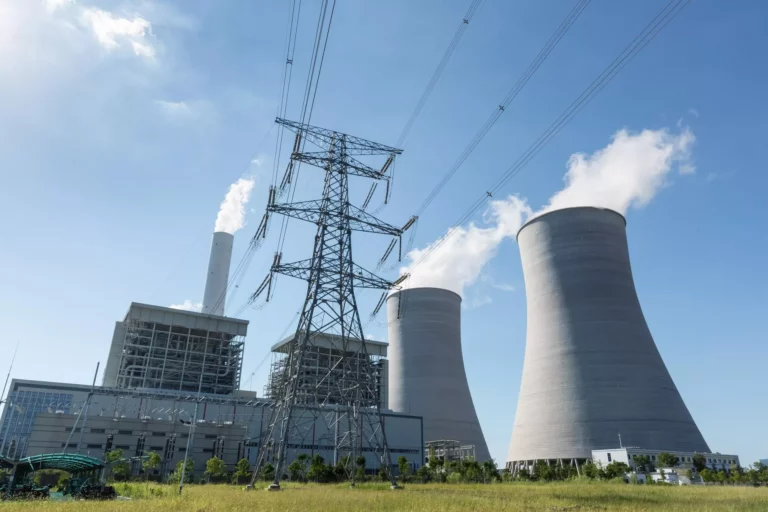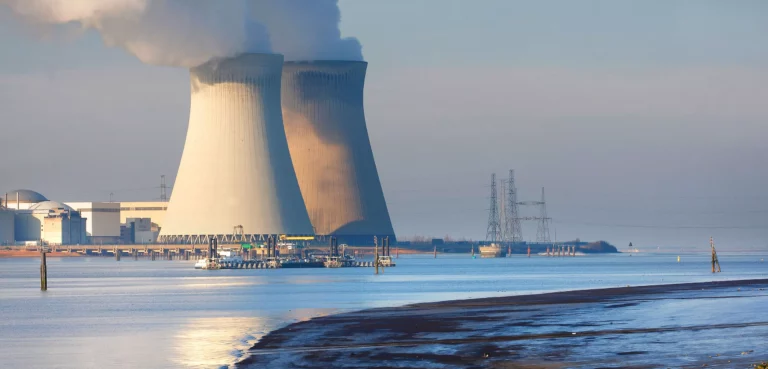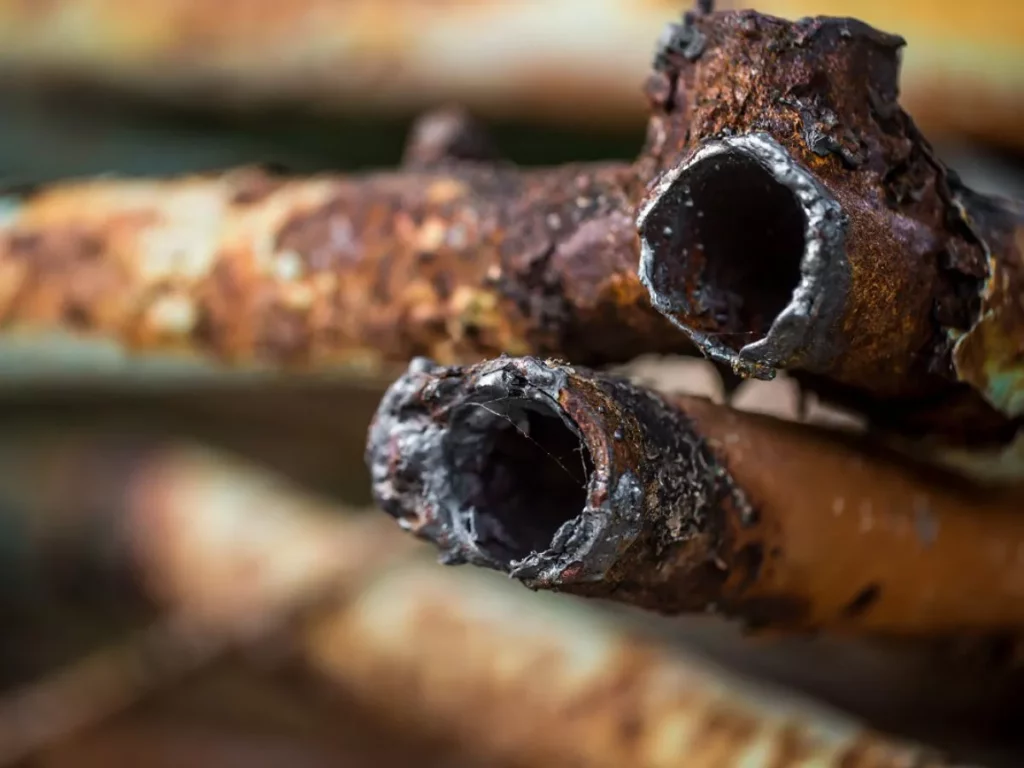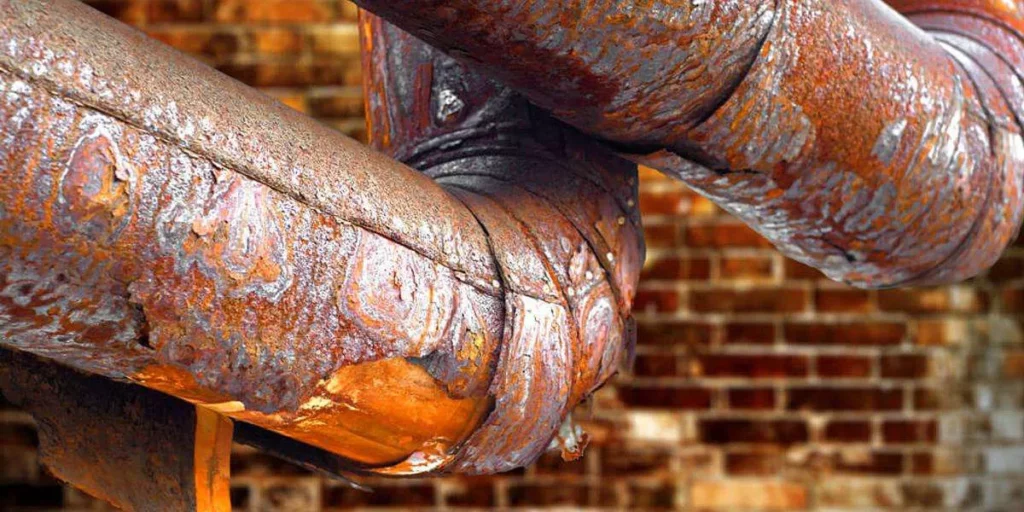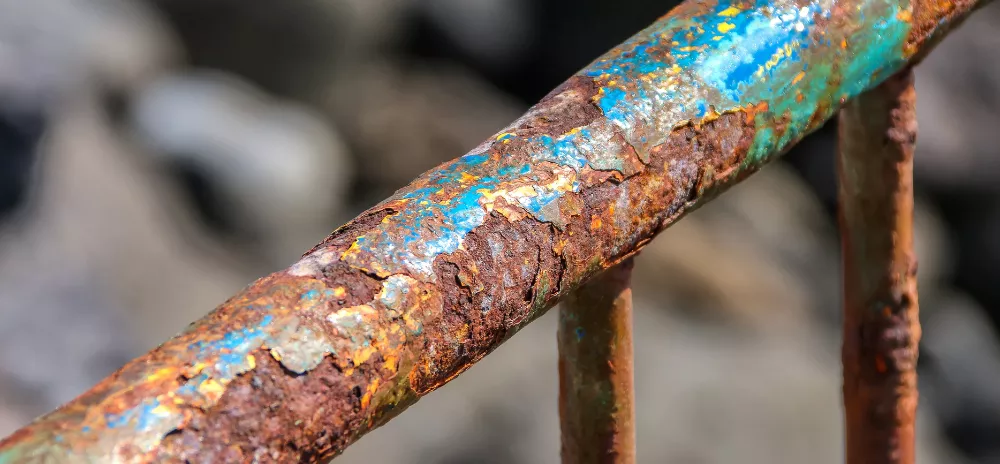Titanium has good stability in hot water that contains many highly corrosive substances such as chloride and sulfide. Therefore, titanium has been widely used as cooling tubes for heat exchangers in thermal power plants. After replacing the copper-nickel alloy tube with a thin-walled titanium tube, it not only greatly improves the service life, but also greatly reduces the maintenance time, and the economic effect is very significant.
For a long time, copper alloy tubes have been used in condensers in general power plants because copper alloy tubes have good thermal conductivity and certain corrosion resistance. Moreover, copper alloy tubes are easy to connect to the tube sheets and are relatively cheap. Therefore, the condenser The cost is lower. However, in practical applications, it is generally found that copper alloy pipes are corroded to varying degrees, especially in power plants that use seawater and polluted water sources as cooling water. Due to the high salt content of seawater or the sulfides contained in polluted water sources, the condensing steam Severe corrosion often occurs on the water side of copper alloy pipes. A large amount of sediment in the sea water washes the pipes, causing sand erosion on the inner wall and pipe ends of the pipes, causing frequent corrosion and leakage of the condenser. In severe cases, the boiler tube bursts and the unit is forced to shut down. Foreign operating experience shows that in seawater or polluted water, the service life of aluminum brass tube condensers is less than 10 years, and the service life of copper-nickel alloy tubes is only close to 10 years. However, the water quality conditions of some coastal power plants in my country Under the circumstances, the service life of copper-nickel alloy tubes is only about 3 years. For a unit designed to be used for 30 years, the condenser tube needs to be replaced many times during the effective life of the unit, which requires a lot of manpower, material and financial resources. Therefore Copper alloy pipes can no longer meet the requirements of coastal power plants or power plants with poor cooling water quality. It is necessary to find new materials that are more corrosion-resistant, and titanium pipes have emerged.

